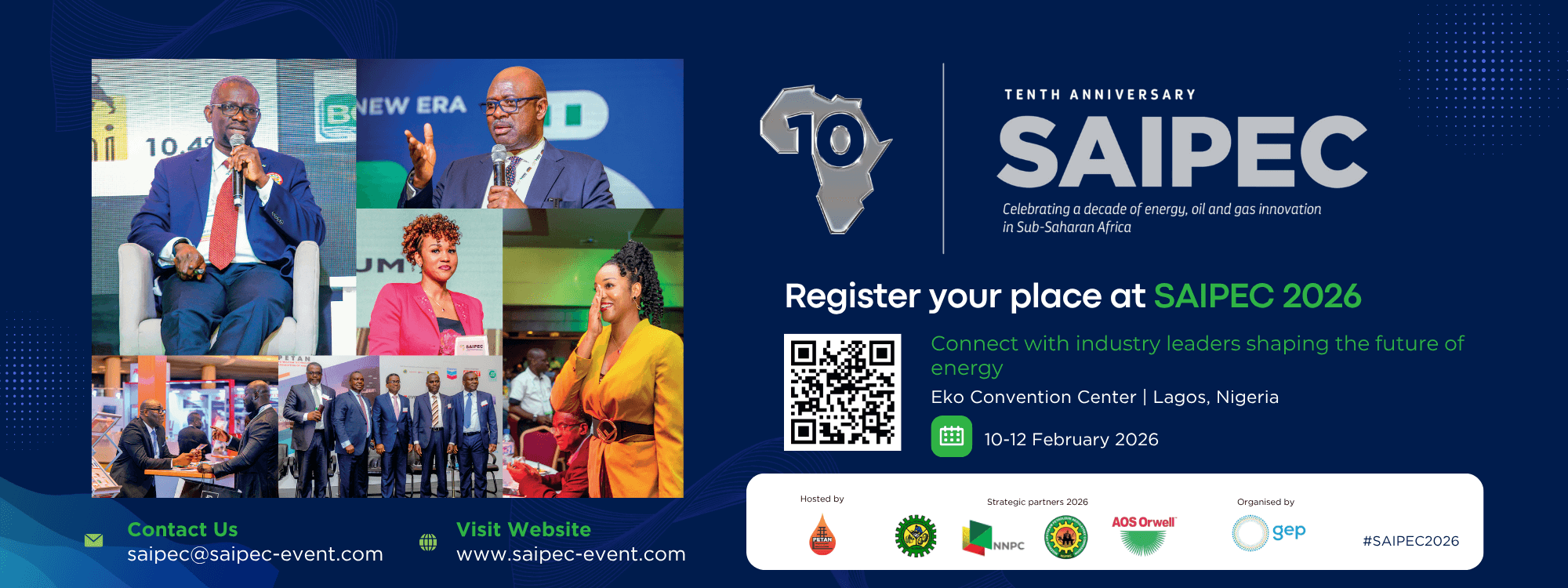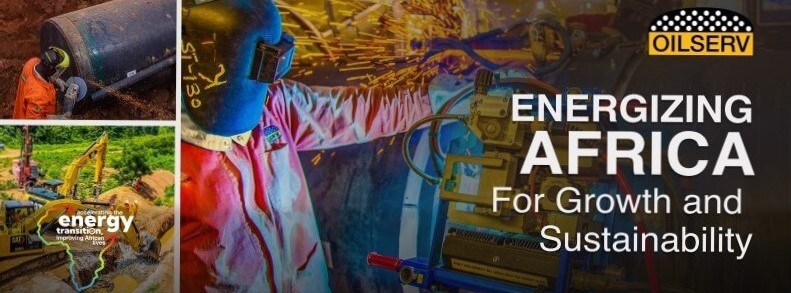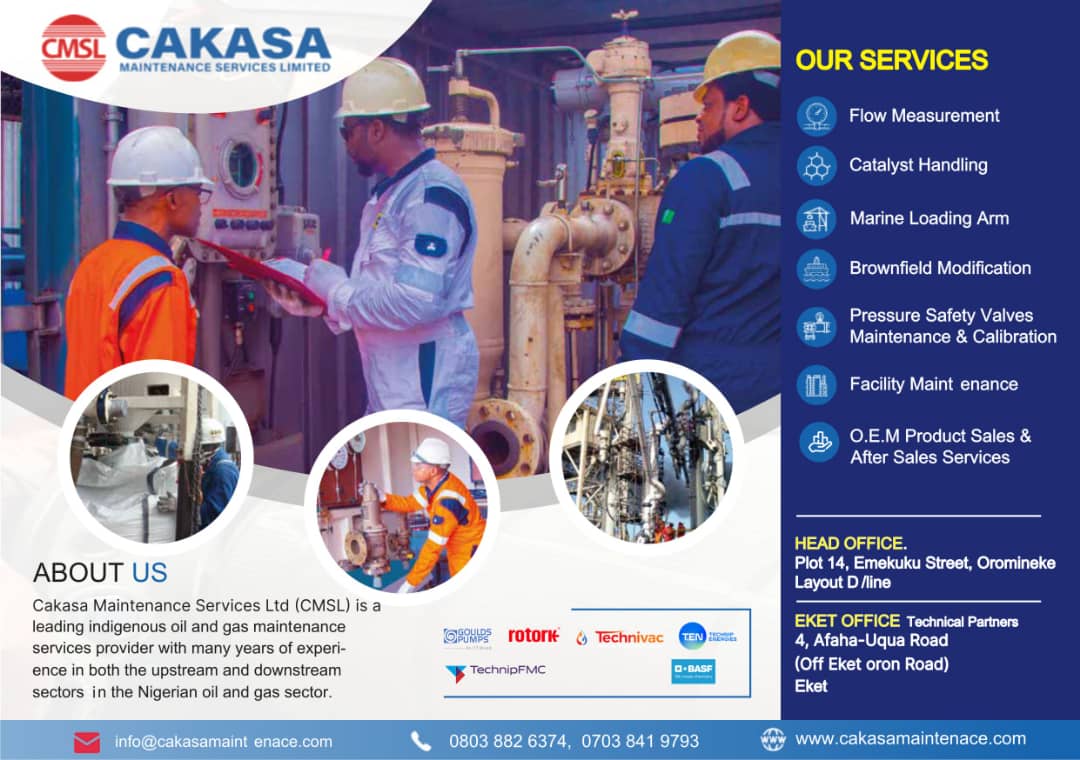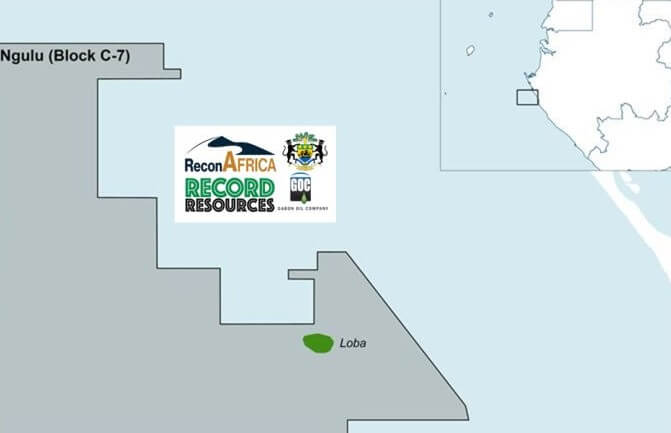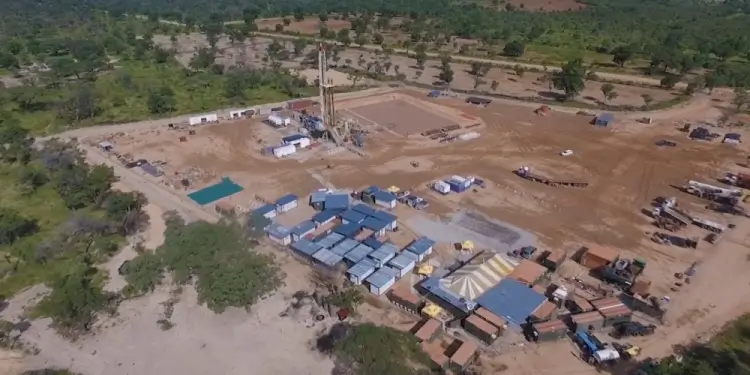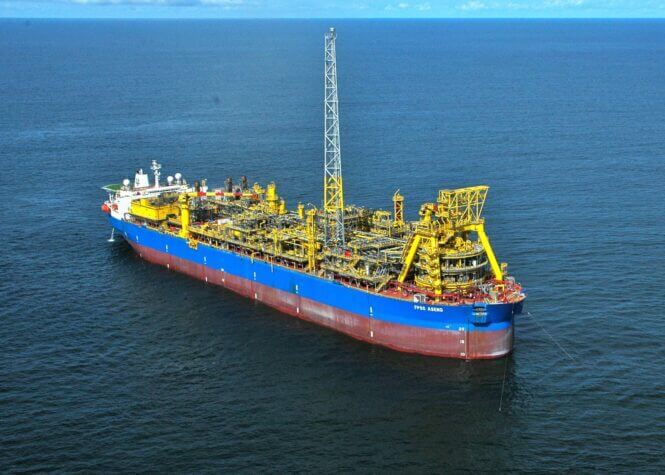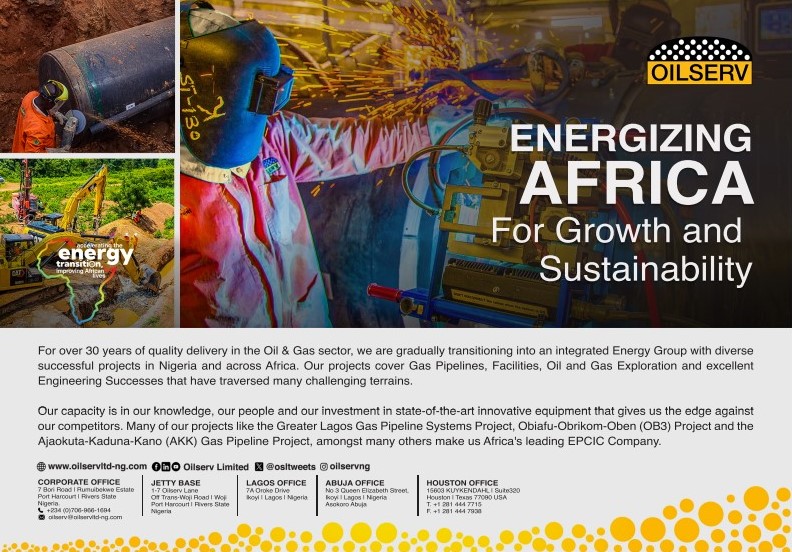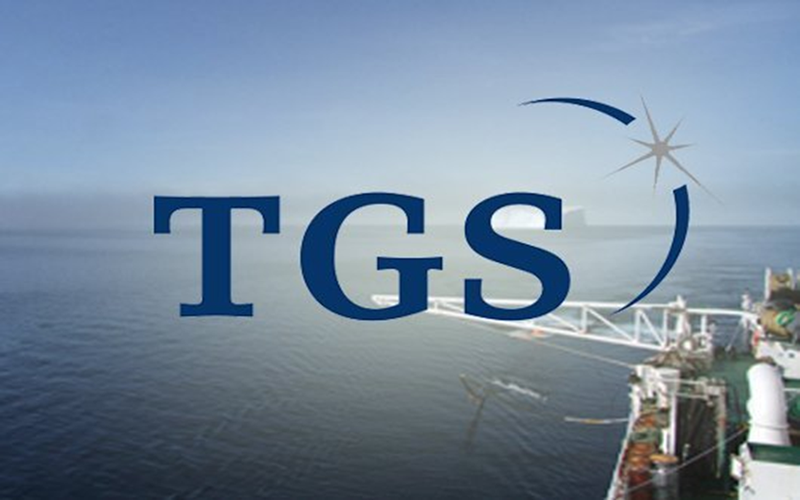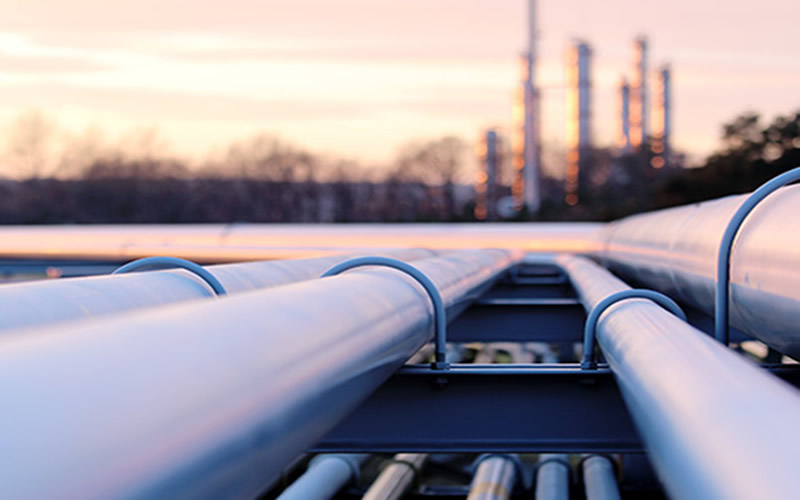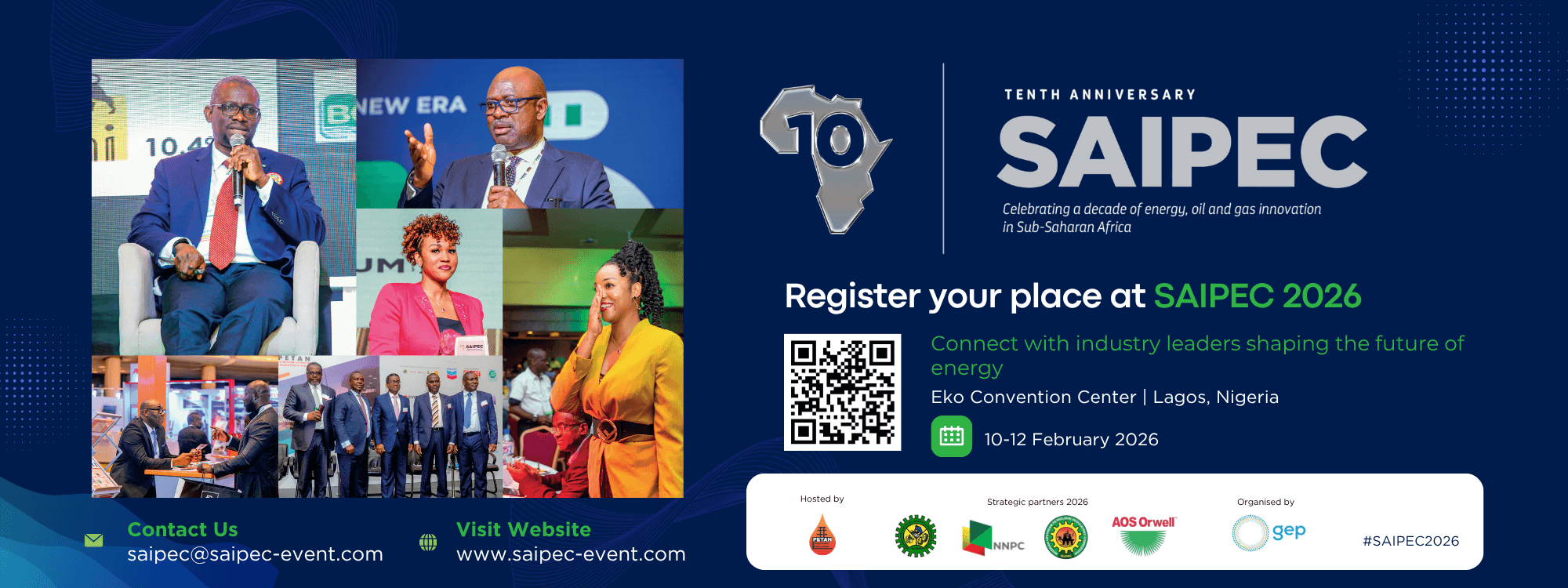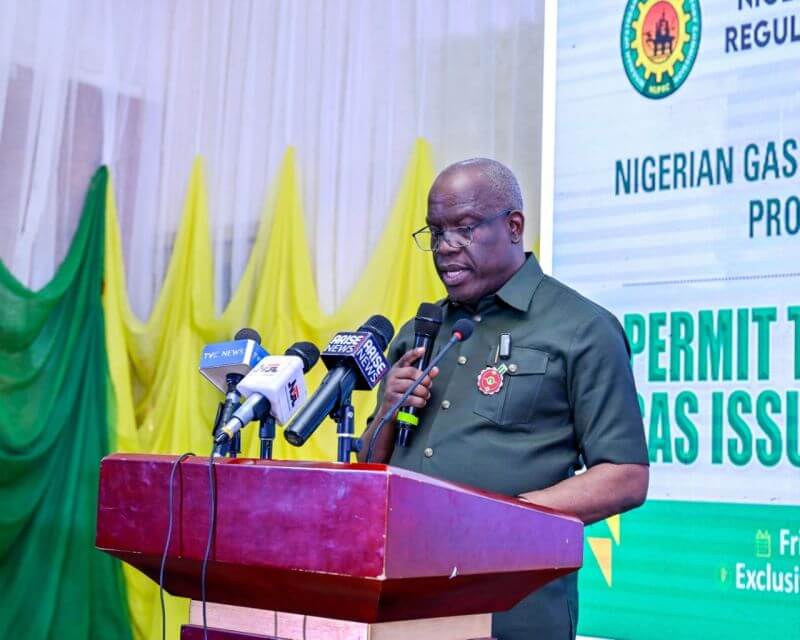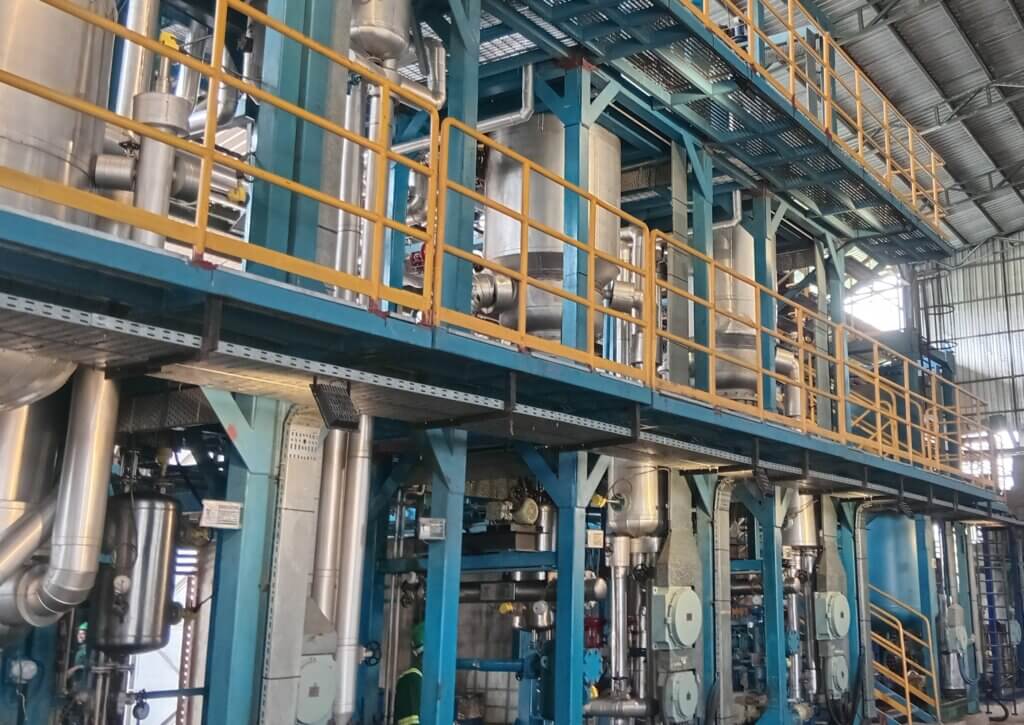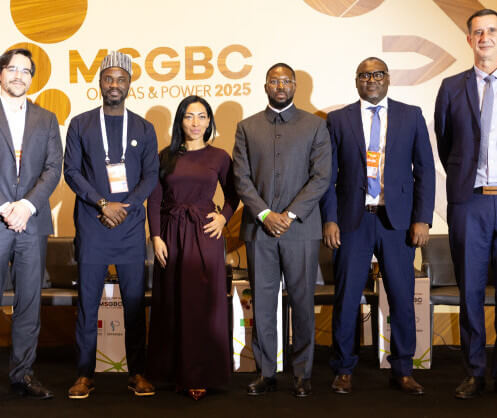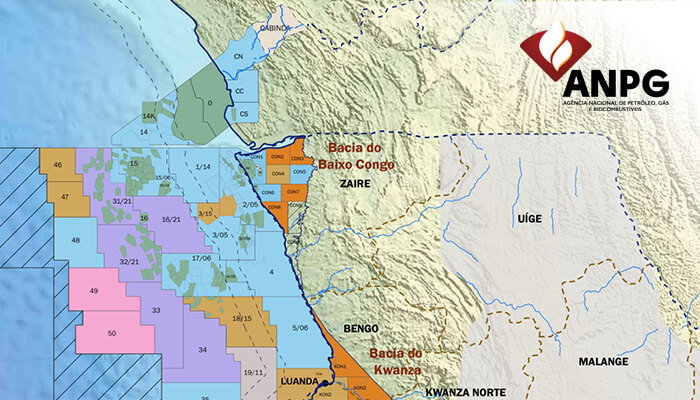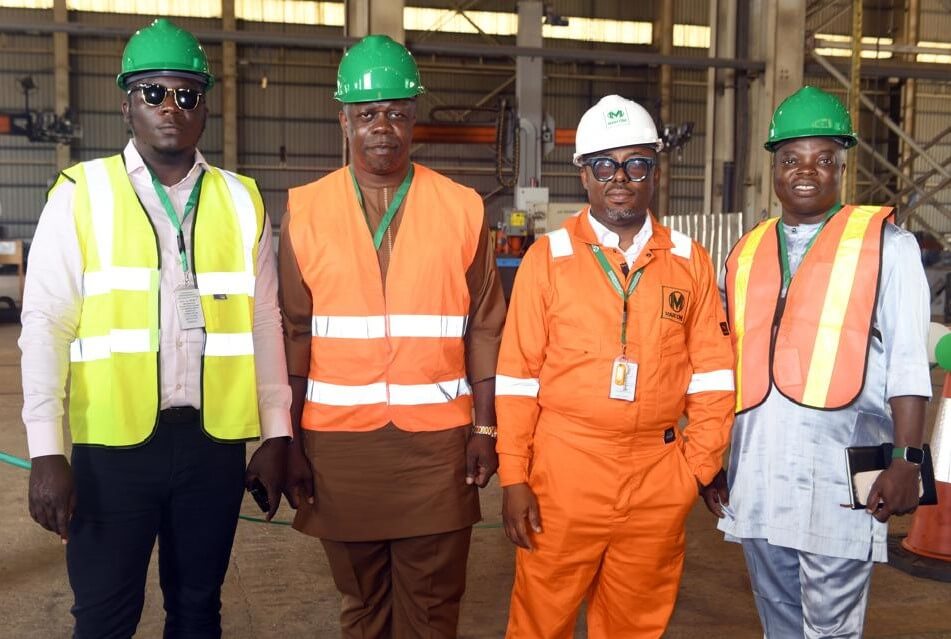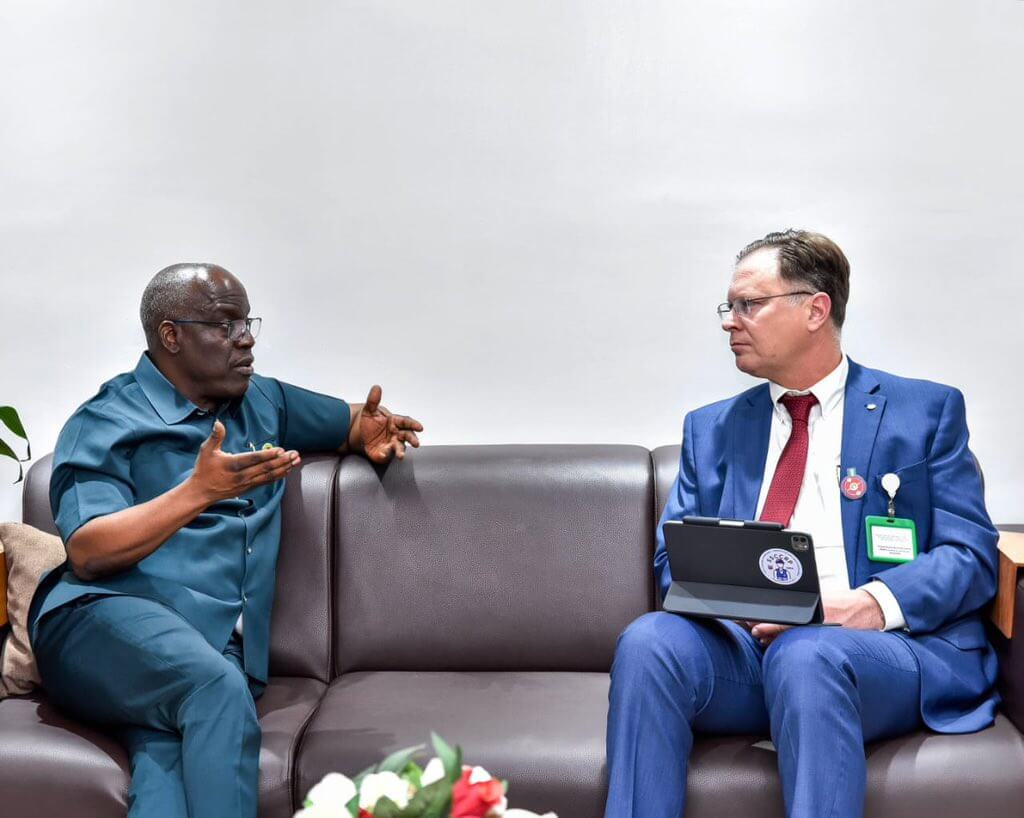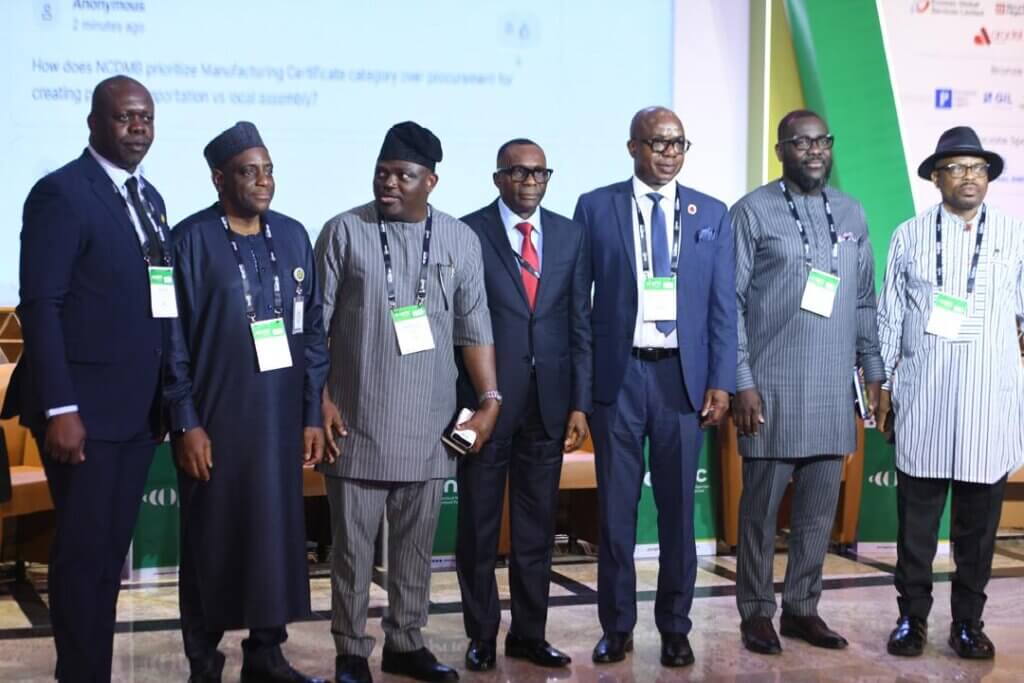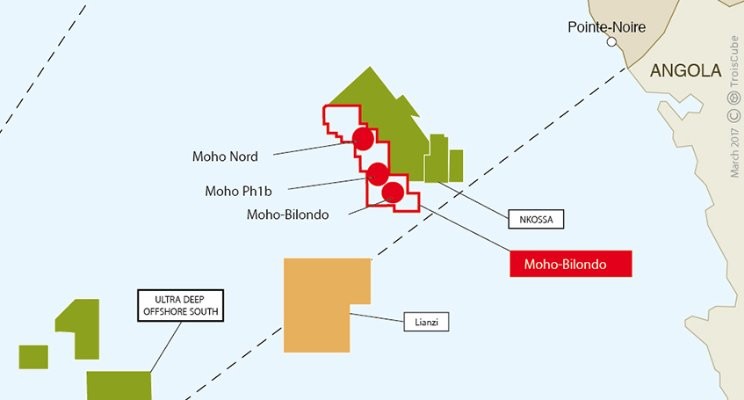
….and Increase Local Content
The Republic of the Congo and Chinese oil and gas company Wing Wah have signed a $23 billion hydrocarbon agreement for the integrated development of the Banga Kayo, Holmoni and Cayo permits. This deal sets the stage for a transformative boost to the nation’s oil production–it targets increasing output to 200,000 barrels per day (bpd) by 2030.
The agreement was officially signed by Bruno Jean-Richard Itoua, Minister of Hydrocarbons of Congo, Jean-Jacques Bouya, Minister of State of Congo and Xiao Lianping, President General, Wing Wah in August.
Through the pact, Congo is looking to ramp up cumulative production across the three permits to more than 1.3 billion barrels by 2050. The deal is a central pillar in the country’s broader economic and financial strategy, committing over $23 billion in investment and promising substantial fiscal and para-fiscal revenues.
Banga Kayo: An Innovative Oil & Gas Venture
The Banga Kayo conventional oilfield is a production permit operated by Wing Wah, which features approximately 250 wells that have been drilled to date. Currently, the field is producing 45,000 bpd and is nearing its peak production of 80,000 bpd. In addition to oil production, Wing Wah is implementing a phased expansion and development approach to monetize previously-flared gas resources. Over three phases, the project will progressively increase gas treatment and valorization capacity, producing LNG, butane and propane, primarily for the domestic market. Excess products will be exported regionally.
The project incorporates the development of three trains. The first has a capacity of one million cubic meters per day (mcm/d), while the second and third trains will have a capacity of two mcm/d each. The second and third trains are anticipated to come online by March 2025 and December 2025, respectively, and will bring the total capacity of the project to five mcm/b. In April 2024, Wing Wah signed an amended production sharing contract with the government for the Banga Kayo block, signaling the start of the expansion of the project.
The African Energy Chamber – the voice of the African energy sector – supports the signing of this agreement, which extends beyond crude extraction. The agreement advances energy sovereignty through the valorization of associated gas for domestic use which is key to reducing routine flaring. A cornerstone of the project is the creation of a training center, aimed at boosting local content by equipping Congolese citizens at all skill levels to access new job opportunities generated by the development.
The project also includes an integrated gas monetization component, with multi-phase expansion of LNG, LPG, butane and propane production capacity–intended to satisfy both domestic demand and exports. The integrated nature of the development includes scalable gas treatment infrastructure, on-site power generation and water-management systems–all designed for efficiency and community benefit.
Local employment is already substantial, with some 3,000–3,300 Congolese workers involved, and social benefits such as excess power and treated water provided to nearby communities.
Wing Wah has already established a significant presence in Congo via its development of the Banga Kayo field. This onshore permit currently comprises around 237–250 drilled wells and produces approximately 45,000 bpd, approaching a peak output of 50,000–80,000 bpd.
The Republic of Congo took a significant step towards maximizing its hydrocarbon resources with the signing of an amended Production Sharing Contract (PSC) between Minister of Hydrocarbons Bruno Jean-Richard Itoua and China’s Wing Wah Oil Company for the Banga Kayo block last year. This move marked the beginning of development at the block and underscored the country’s commitment to tapping into its untapped resources.
The amended PSC outlined a three-phase development plan, demonstrating the importance of public-private partnerships in developing oil and gas projects in Africa, providing a clear path to resource monetization.
“The Republic of the Congo is aggressively developing its oil and gas resources, led by its Ministry of Hydrocarbons. The country’s rapid approach to resource development serves as a model for other African nations rich in natural resources. With ambitious plans to increase production capacity, Congo is set to unlock new opportunities for sustainable economic growth through strategic oil and gas investments,” says NJ Ayuk, Executive Chairman, African Energy Chamber.
